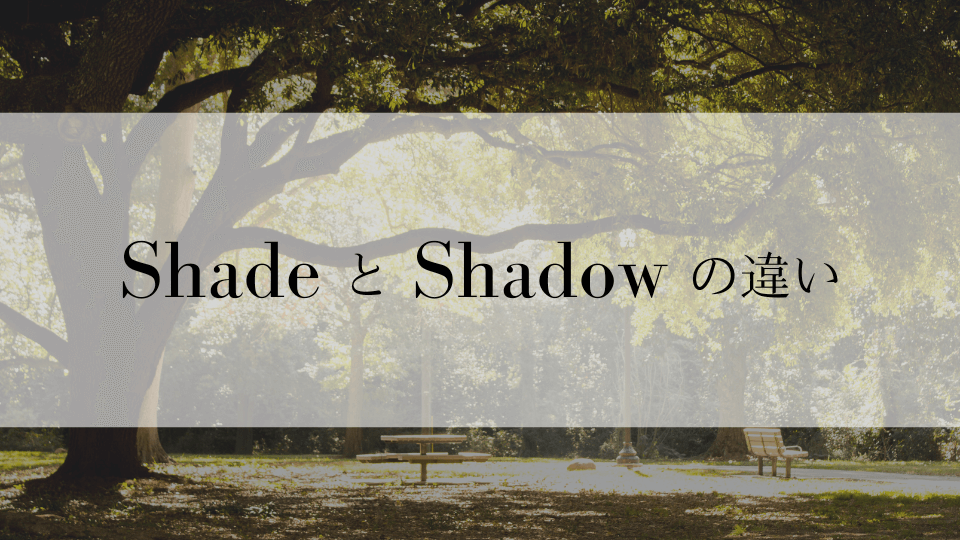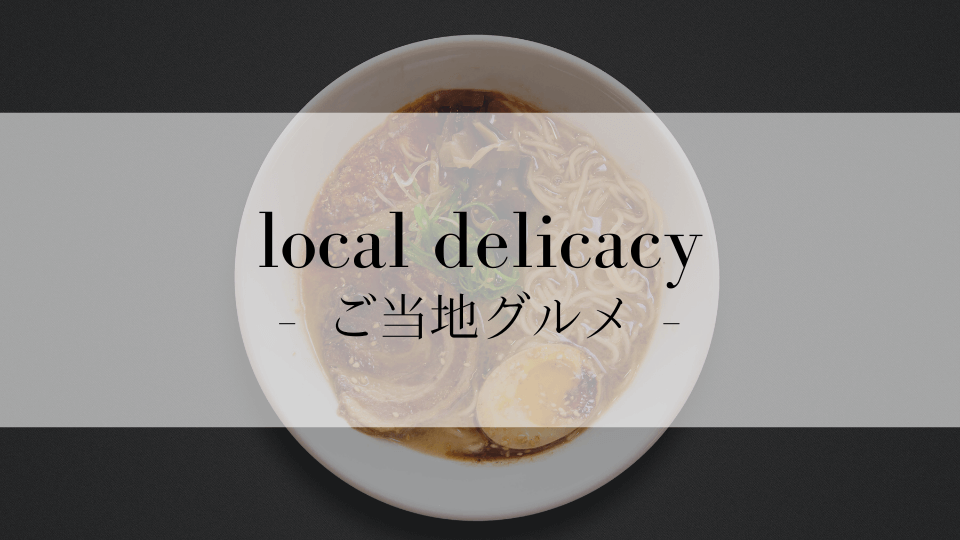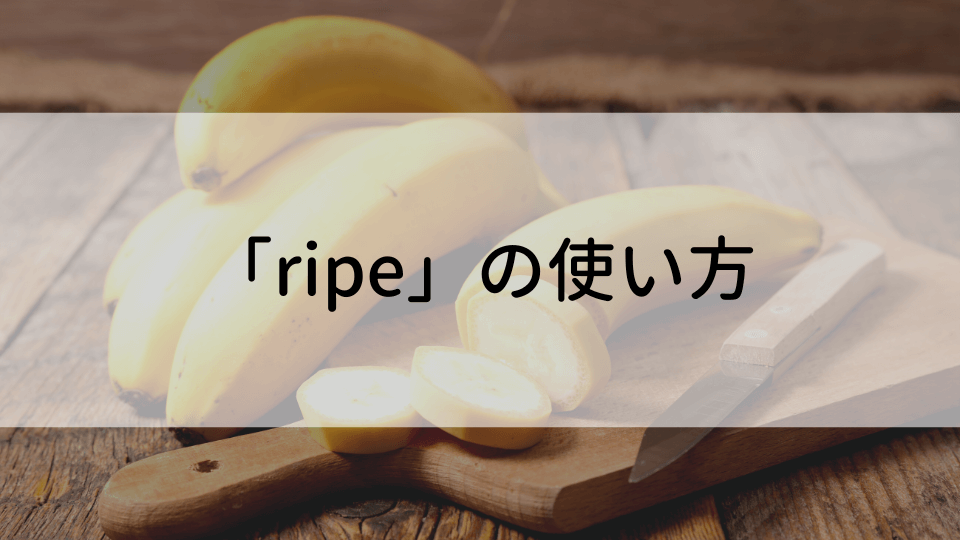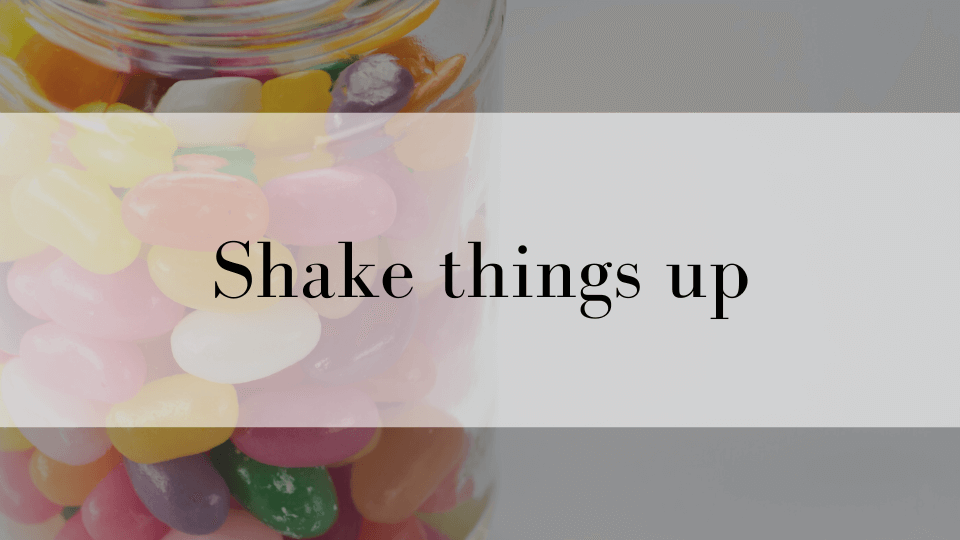【執筆:講師デニー】
ケンジントン英会話のブログへようこそ。
今日のトピックは、「shade」と「shadow」という二つの単語についてです。
これらが英語の中でどのように機能し、どのような違いや使い方があるのか、そしてなぜそのような特定の方法でそれらを使用するのかについて解説します。
多くの日本の英語学習者にとってよくある疑問点なので、この記事はとても役立つと思います。
まず、二つの単語の違いから始めましょう。
「shade」と「shadow」の違い
「shade」と「shadow」の定義を見ると、基本的には同じ意味です。
木の「shadow」は、その木の「shade」でもありますが、この中には微妙なニュアンスがあります。
「shadow」は、特定の光源を遮る物体からの暗いエリアを指します。
例えば、太陽が上にある木は、その下の床に「shadow (影)」を投影します。
光を遮っているので、「shadow (影)」ができるのです。
「shade」も同じ意味ですが、異なる文脈で使われます。
私たちは「shade (陰)」で座ったり休んだりします。それは木の「shadow (影)」です。
確かに「sit in the shadows (影に座る)」と言うことはできますが、これは一般的な英語としてはあまり一般的ではありませんし、「in the shadows (影にいる)」というのは、何かを隠しているかのような悪い意味合いを持つことがあります。
これは、泥棒や忍者のような人物について話す際に、物語でよく使われる言い回しです。
「shade」のもう一つの意味は、色のさまざまな濃淡を指すことです。
化粧品においては、リップスティックのピンクの「shade (濃淡、色合い)」がたくさんありますし、色彩理論では、緑や青、赤の様々な「shade (濃淡、色合い)」もまた豊富にあります。
これは「shadow」とはまったく異なる意味を持っており、「shade」という言葉の一つの使用例となります。
「shadow」を使った例文
ここでは、「shadow」を使った例文をご紹介します。
That tree has a really long shadow because of the angle of the sun!
(その木は、太陽の角度のおかげでとても長い影がありますね!)
The shadow of the building is blocking the sun from hitting our house
(そのビルの影が私たちの家に太陽が当たるのを遮っています)
The shadows during sunset are really amazing
(日没時の影は本当に素晴らしいです)
ご覧のとおり、「shadow」は使い方が非常に具体的です。
主に、物体とその物体が作り出す影を指します。
「shade」を使った例文
ここでは、「shade」を使った例文をご紹介します。
Let’s sit in the shade, it’s super hot today
(日陰に座りましょう、今日は本当に暑いです)
Keep the ice cream in the shade so it doesn’t melt
(アイスクリームは溶けないように日陰に置いてください)
The shades of colour he used in the painting are beautiful
(彼がその絵で使った色の濃淡は美しいです)
I love the shade of this curtain
(このカーテンの色合いが大好きです)
「shade」は使用方法がはるかに柔軟で、天気や活動について話すだけでなく、色やアートを説明するのにも使えます。
色の濃淡 (shades)
私はアートや絵画の経験があるため、「shade」という言葉を使うのにとても慣れています。
色を理解するには、光、影、色の温度を理解する必要があり、これには色の「shade (濃淡、色合い)」や光がどのように異なる「shade (濃淡、色合い)」を生み出すのかを理解することからきます。
光が、私たちが行うほとんどすべてのこと、さらには私たちのエネルギーに対してどれほど重要であるかを理解するようになると、それは非常に興味深いトピックとなります。
また、「shadow」の「shade」が完全に黒く見えないこと、代わりに青やオレンジの色合いを持っているかもしれないことも理解するのに役立ちます。
これは色彩理論や温度に関するものですが、この記事で取り上げるべき内容ではありませんね!
このブログが、「shade」と「shadow」という単語がどのように異なるのかを明確に理解するのに役立つと嬉しいです。
実践的な英語ならケンジントン英会話
ケンジントン英会話では、教科書には載っていない、生きた表現を身に付けられます。
福岡市内の教室やオンラインで、経験豊富でフレンドリーな講師と一緒に英語を学びませんか?
実践的な英語を学びたい方はケンジントン英会話の公式サイトをチェック!
[英語原文]
Welcome to another Kensington Blog. Today’s topic will be about the two words of “Shade” and “Shadow”, how they function within English speech, differences, use cases and why we use them in certain ways. This is a common question among many Japanese learners so hopefully this article will be of great use. Let’s first start with the differences.
The Differences
If we look at the definition of both shade and shadow, they fundamentally mean the same thing. The “shadow” of a tree is also the “shade” of the tree, but there is some nuance to this.
A shadow is the darkened area from an object that is obstructing a certain light source. For example, a tree with the sun over it will cast a shadow onto the floor under it. It is blocking light, therefore it creates a shadow.
The shade is the same thing, but we use it within different contexts. We “sit” or “rest” in the shade, which is the shadow of a tree. We can certainly “sit in the shadows”, but this tends to come off as uncommon English and someone being “in the shadows” can carry a negative connotation, as if they are hiding something. This is commonly used in story telling to talk about someone like a thief or ninja.
Another meaning of “shade” however is referring to different gradients of colours. In cosmetics, there are many “shades” of pink with lipstick as there are many shades of greens, blues and reds in colour theory. This carries a totally different meaning to “shadow”, so that is another use case of the word “shade”.
Examples of Using “Shadow”
Here are some example sentences showing how to use the word “shadow” in English.
“That tree has a really long shadow because of the angle of the sun!”
“The shadow of the building is blocking the sun from hitting our house”
“The shadows during sunset are really amazing”.
As you can see, “shadow” is very specific in how it’s used – mainly it refers directly to objects and the obstruction they cause with their shadow.
Examples of Using “Shade”
Here are some examples of shade in a sentence.
“Let’s sit in the shade, it’s super hot today”
“Keep the ice cream in the shade so it doesn’t melt”
“The shades of colour he used in the painting are beautiful”
“I love the shade of this curtain”
Shade is much more flexible in its use and can be incorporated not just to talk about the weather and activities, but also describing colours and art.
Shades of Colour
Shade is something I am personally very used to using in my own speaking, as I have experience in art and painting. Understanding colours requires understanding light, shadow and colour temperature, and part of this comes with understanding the shades of colour and how light produces different shades. It’s a fascinating topic to learn about as you begin to understand just how important light is in almost everything we do, even regarding our energy. It will also help you understand how the “shade” of a “shadow” doesn’t look totally black, but instead may have a blue or orange hue to it. That’s colour theory and temperature, but not something for this article!
Hopefully the explanations above give you a clear understanding as to how both words differ.
~*~*~*~ \ Follow me / ~*~*~*~
Instagram : @kensington_eikaiwa
Twitter : @Kensington_Eng
Facebook : @kensingtoneikaiwa
YouTube : KENSINGTON英会話
~*~*~*~*~*~*~*~*~*~*~*~*~*
◆お問い合わせはこちら
ケンジントン英会話:お問い合わせフォーム







































